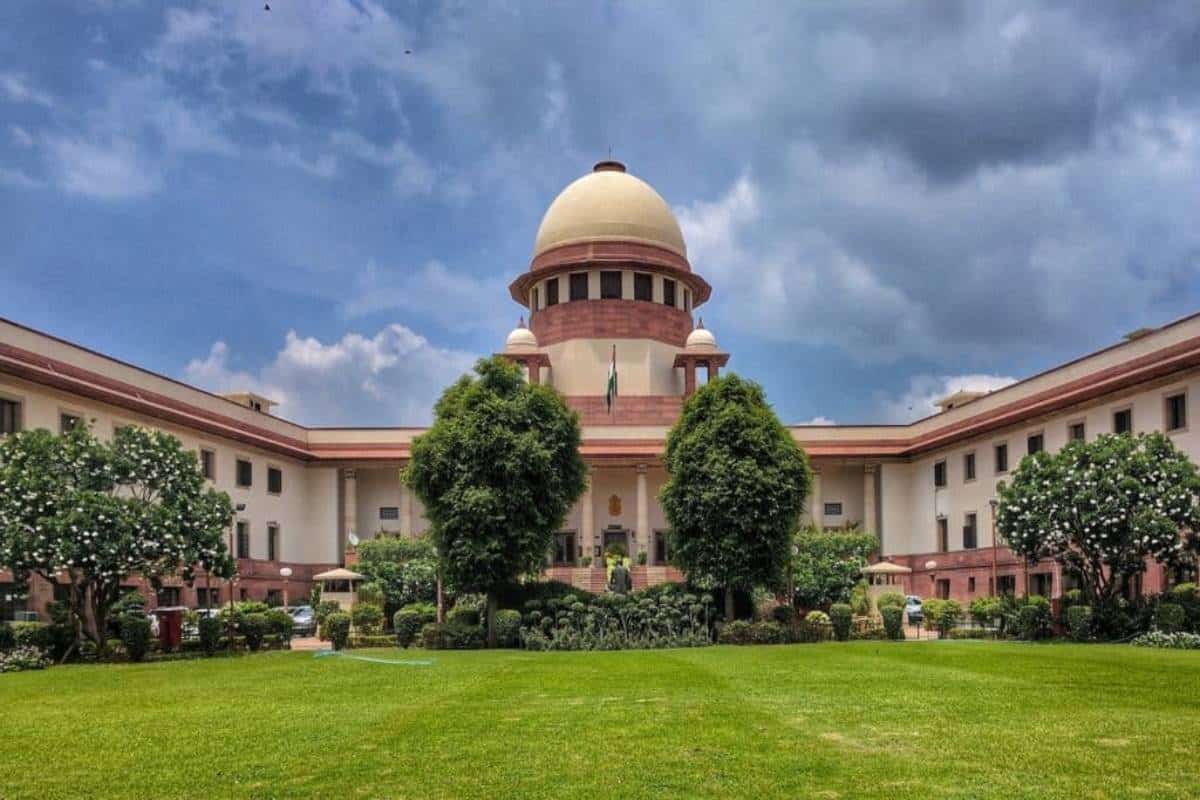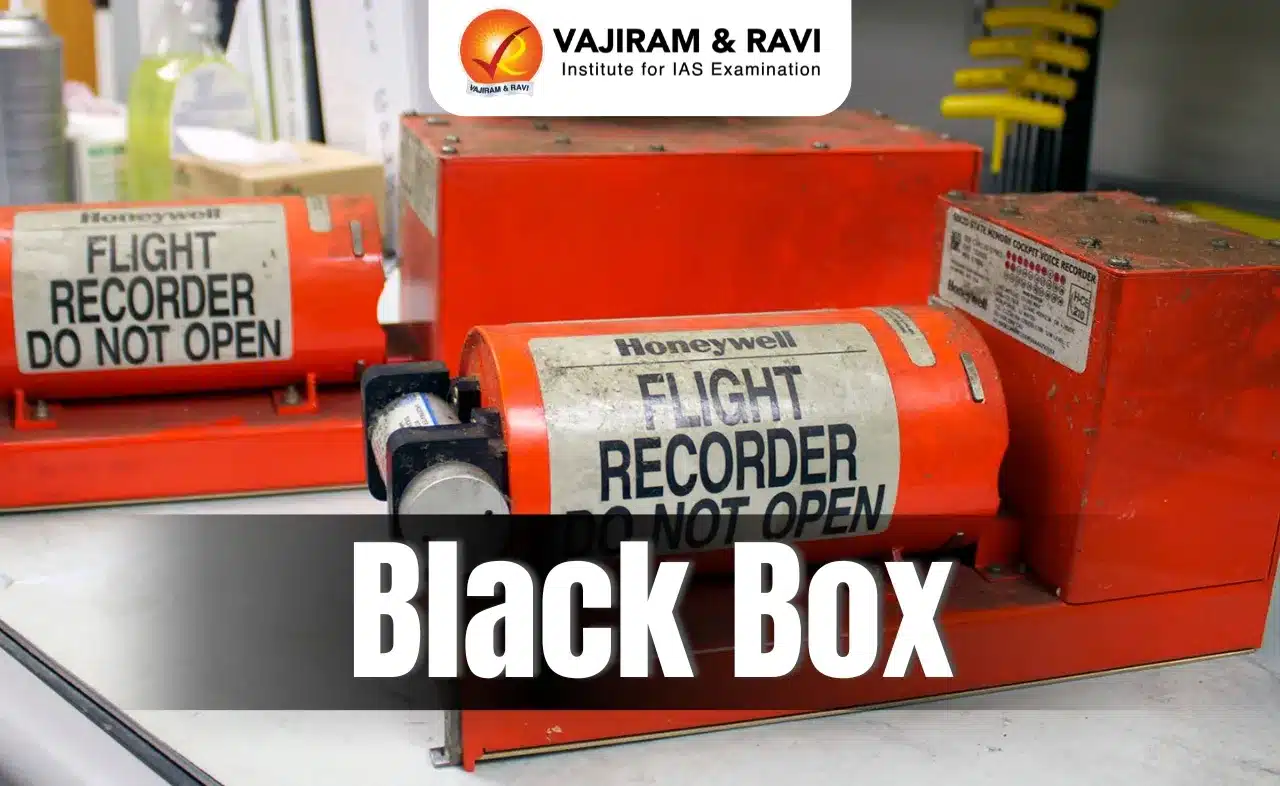Who is a Senior Advocate?
- Under Section 16 of the Advocates Act 1961, two classes of advocates are classified: Senior Advocate and Junior or those who are not designated as seniors.
- The senior advocates play the role of legal experts in India who have significant knowledge in the field of law.
- They are associated with many prominent cases as they are good contributors to the principle of the Rule of Law.
- Special Provisions:
- A senior advocate shall not appear without an advocate on record in the SC or without an advocate in any other court.
- A senior advocate shall not accept instructions to draft pleadings or affidavits, advice on evidence, or to do any drafting work of an analogous kind in any Court or Tribunal or before any person or other authority.
- A senior advocate shall not accept directly from a client any brief or instructions to appear in any Court or Tribunal or before any person or other authority in India.
Guidelines for Designation of Senior Advocates by the Supreme Court of India, 2023
- The candidates need to be at least ten years’ standing as an Advocate or ten years’ combined standing as an Advocate and as a District and Sessions Judge or as a Judicial Member of any Tribunal in India to be designated as Senior Advocates at the SC.
- They must practice mainly in the Supreme Court, but advocates with domain expertise in practising before specialised tribunals may be given concession.
- The age limit for applying for the designation of senior advocate is now 45 years, unless the age limit is relaxed.
- The age limit can be relaxed by the Committee for Designation of Senior Advocates or if the name has been recommended by the Chief Justice of India or a SC judge.
- Criteria:
- The new guidelines have a revised point system for evaluating candidates.
- The new criteria include the number of years of practice and the body of work.
- Number of years of practice: Applicants will get a maximum of 20 points, 10 points for 10 years of practice, and 1 point each for every additional year of practice.
- Judgements reported and unreported; pro bono work; domain expertise (such as constitutional: 50 points
- Publication of academic articles, experience of teaching assignments in the field of law, guest lectures delivered in law schools and professional institutions connected with law: 5 points
- Test of personality and suitability based on the interview: 25 points
- Selection:
- The selection for the designation of senior advocates will be done by the Committee for Designation of Senior Advocates. The Committee is headed by CJI as the Chairperson.
- The applications will be invited once a year, and the committee will meet twice a year.
- It will also have a permanent secretariat, whose members will be selected by the CJI and the committee.
Q1) What is the Rule of Law?
In general, the rule of law implies that the creation of laws, their enforcement, and the relationships among legal rules are themselves legally regulated, so that no one—including the most highly placed official—is above the law. The legal constraint on rulers means that the government is subject to existing laws as much as its citizens are.
Source: Supreme Court Designates 47 Former High Court Judges As Senior Advocates
Last updated on June, 2025
→ UPSC Notification 2025 was released on 22nd January 2025.
→ UPSC Prelims Result 2025 is out now for the CSE held on 25 May 2025.
→ UPSC Prelims Question Paper 2025 and Unofficial Prelims Answer Key 2025 are available now.
→ UPSC Calendar 2026 is released on 15th May, 2025.
→ The UPSC Vacancy 2025 were released 1129, out of which 979 were for UPSC CSE and remaining 150 are for UPSC IFoS.
→ UPSC Mains 2025 will be conducted on 22nd August 2025.
→ UPSC Prelims 2026 will be conducted on 24th May, 2026 & UPSC Mains 2026 will be conducted on 21st August 2026.
→ The UPSC Selection Process is of 3 stages-Prelims, Mains and Interview.
→ UPSC Result 2024 is released with latest UPSC Marksheet 2024. Check Now!
→ UPSC Toppers List 2024 is released now. Shakti Dubey is UPSC AIR 1 2024 Topper.
→ Also check Best IAS Coaching in Delhi






















